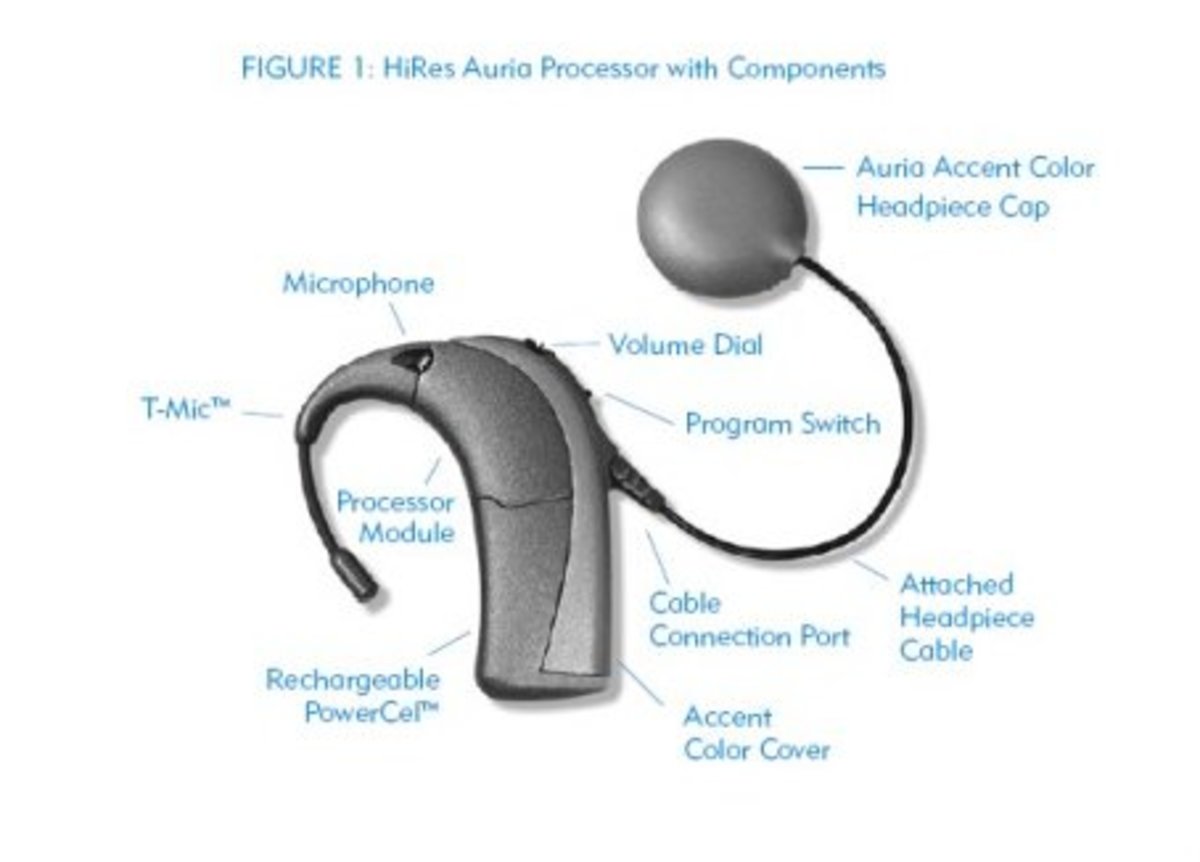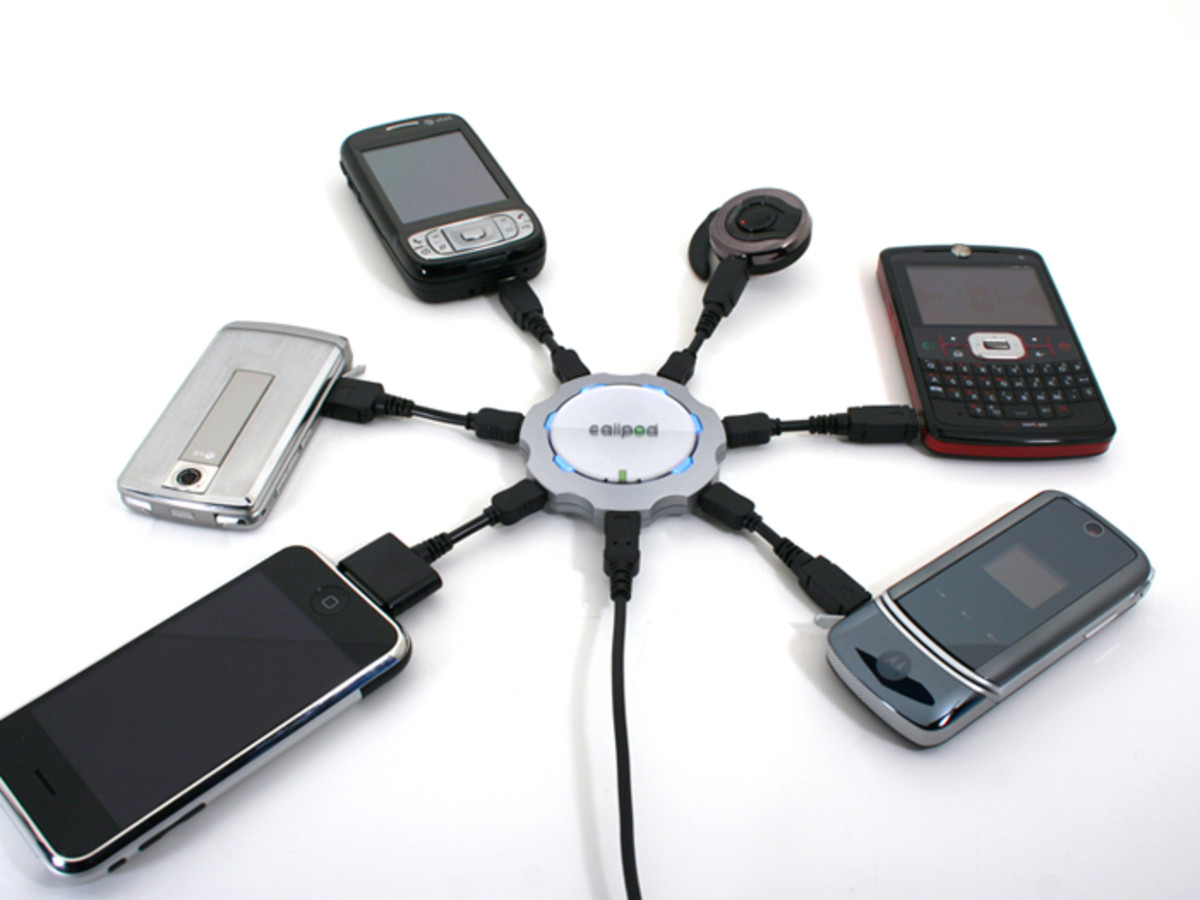How to Choose a Cell Phone Plan

Shopping for a new cell phone plan can be a scary concept with many options. Do you go with the company that is supposed to have the best service or try to save some money with one of the new bargain carriers? Do you do a contract or go prepaid? Do you need a smart phone or just a basic flip phone? This article will help demystify phone shopping and guide you toward the right option for you.
Cell phone lingo
- Roaming - Much like a cow roaming from home, roaming is when a phone travels off of the cell phone company's network and uses a tower from another company. Although most companies now have nationwide roaming included in plans, international roaming may apply if you leave the country or take a cruise.
- Data - Data is access to the internet. It is tracked as megabytes which add up to gigabytes rather than minutes. Things that use data include: downloading, streaming music and movies, GPS, emails, and social media.
- Smartphone - A phone that has a full internet browser and can download applications. Most smart phones now have touch screens.
Coverage
A phone is a waste of money, no matter how cheap the plan is or how great the phone is, if it doesn't work for you. Many carriers have maps on their websites that are much more detailed than a simple brochure from the store. Search for the exact addresses for where you live, work, and travel. Also take advantage of any return policies if service doesn't work where you need it most.
Phones
A cell phone can be a communicator, a tool, and a toy. It is an investment, something you will probably have with you more than almost any other item, so you need to chose wisely. Research it like you would a car. Bare in mind that phones change every few months like computers. Decide what features are most important to you, whether it is a sharp camera, a lot of memory, or a certain operating system. Do you want to have a basic phone that only makes calls, a keyboard for easier texting, or a smart phone for the internet or email?
There are three options how to purchase phones (Although, not all phone companies will offer all options):
- Full Price - This is probably the least popular option because it requires the most out of pocket expense. Some companies offer lower priced plans if you purchase your phone out-right.
- Subsidizing - This is the most common option in the US. Subsidizing is providing discounts on a phone at the beginning of a contract, making phones free or affordable compared to the full price. The price is then built into the monthly plan, and if a customer cancels before a contract has completed, a termination fee is charged.
- Financing - This option is growing in popularity because it separates the cost of the phone from the plan. It is similar to full price, except it spreads the cost over a two year period. It allows for lower priced plans and no contracts. If a user wants to cancel, they simply pay off the remainder of the phone cost.
Plans
When a sales person asks "What will you be using your phone for?" or "Who will be using the phones?" they are not trying to be nosy; he or she is trying to build a picture of your usage. The clearer your answer, the more accurate their recommendation will be. Things they will be looking for are how much you talk on the phone (While you may not be able to say exactly how many minutes per month you use, you can usually say about how many phone calls per day and how long those calls would be), how often you text, and what kind of things you use the internet for. If you don't currently have a smart phone, tell your sales person what kind of things you do on the computer or the things you wish you can do with your phone. Be truthful, and don't sell yourself short to save money because that may lead to overage charges later. Also, mention if you have any hobbies; they may be able to recommend apps that would benefit you. All of these things add up to a perfect plan for you.
Plans boil down to two categories:
- Prepaid - As the name infers, with a prepaid service, you pay in advance. There are no bills in the mail, and if you miss a payment, the service gets turned off. There are usually no credit checks, so there is no worry about deposits. However, since there isn't a contract, the phones usually either cost more or are lower end models. Depending on the company, plans can cost as low as $10 per month for bare minimum usage. Some companies also offer "unlimited" plans, but watch for small print that would state limits of high-speed data or roaming. Also, bare in mind that if you do not have funds available (extra money on your account), you may not be able to do things like call directory assistance.
- Bill - The billed service option usually means a contract to get discounts on phones, but as mentioned earlier, more companies are offering phone financing in lieu of contracts. There are usually credit checks which may result in deposits or larger down payments toward the phones. Most companies pro-rate, billing in advance (as you start a monthly cycle), and payment is due shortly before the next month starts. There is often a grace period before service is suspended, and payment arrangements may be available if unable to pay on time. Additional services such as overage, downloads, and directory assistance calls can be charged to the bill to be paid at a later date.
What does it all mean?
You may be asking how all of this information is going to help you get that new phone. What it comes down to is which of these options is best for you? Ask yourself the following questions.
- Do you want a smartphone? While it seams like everyone already has one, it is not mandatory to get one. There aren't as many options available as there used to be for basic phones due to lack of demand, but most companies still carry two or three flip phones and a couple of phones with texting keyboards. Don't force yourself into a smartphone. Get one because it benefits you with email, applications, web, or a better camera.
- Are you afraid of or dislike contracts? If you are, choose prepaid. If you are comfortable with staying with the same company for at least two years, a contract plan may be a better fit.
- What is your usage like? Is it just for emergencies or constant usage or somewhere in-between.








